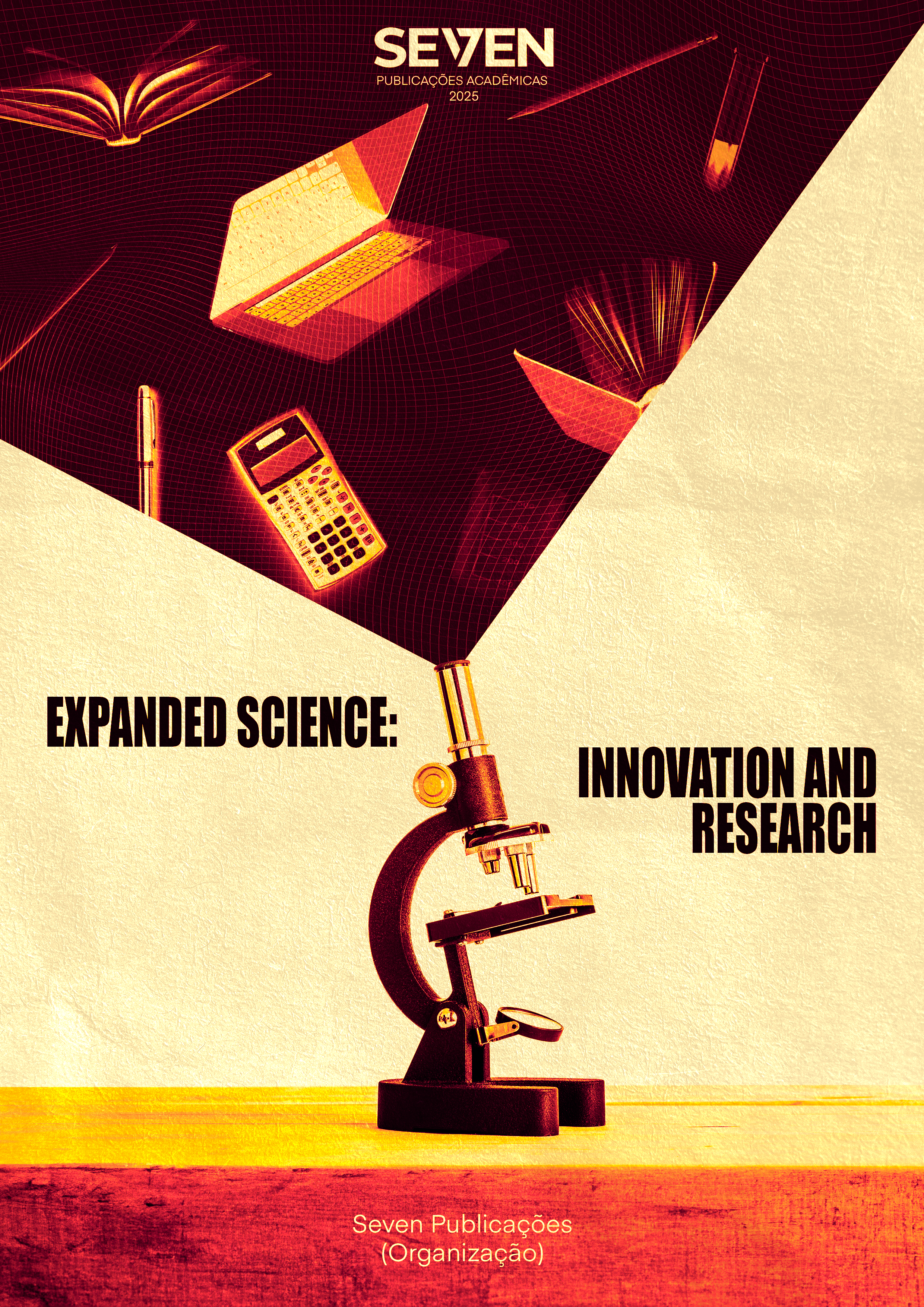FEAR AS AN ETHICAL TOOL IN HANS JONAS' HEURISTICS IN TIMORESE LULIK
Keywords:
Hans Jonas, Técnica, Heurística do medo, Lulik, Ética da ResponsabilidadeAbstract
Technology poses a challenge to ethics. It exhibits an ambivalent nature, wherein risks and threats to human life and nature are often concealed or obscured. Ethics must address the ambivalence of technological practices to distinguish between the appropriate and inappropriate use of technology. According to Hans Jonas, responding to the demands of technology and the threats resulting from technological progress necessitates the implementation of a heuristics of fear as an ethical method. This approach awakens a sense of responsibility and compels changes in human actions in the present to prevent future harm. This sense of fear should be present in our imagination as a moral duty of responsibility, enabling the anticipation of negative prognoses while simultaneously preventing threats to authentic life in the future. We will demonstrate how the concept of fear, as present in lulik thought, is regarded as a moral principle within the traditional ethical discourse of Timor. Understood within the framework of traditional thought, lulik represents a body of knowledge that generates moral values and highlights the urgency of these values in the face of the radical and accelerated transformation brought about by unlimited technological progress, which induces significant changes and challenges for both humanity and nature in contemporary times. We will argue that applying these principles can help anticipate and confront situations that should and must be foreseen in advance, thereby preventing physical and psychological punishments in the future. Therefore, the significance of employing the heuristics of fear and the fear of lulik as ethical and moral methods lies in the necessity of preserving and maintaining balance and harmony between human beings and nature in the future.
Downloads
Published
Issue
Section
License
Copyright (c) 2025 Luis Gouveia Leite, Jelson Oliveira

This work is licensed under a Creative Commons Attribution-NonCommercial 4.0 International License.





